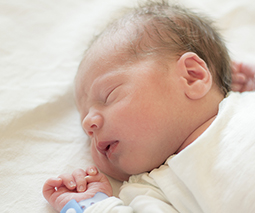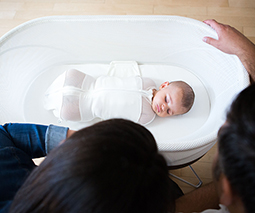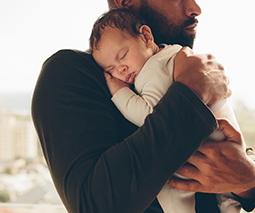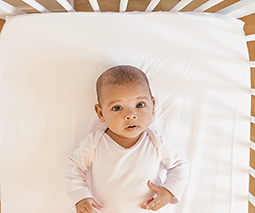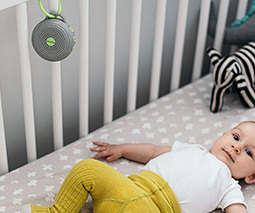Are they real? How to tell if your child is suffering from night terrors
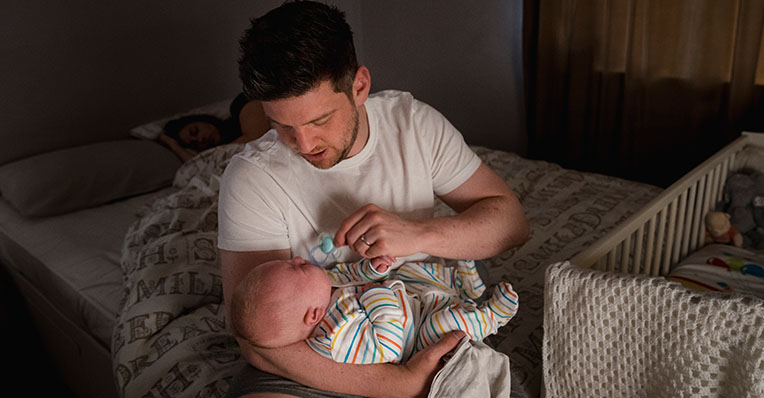
Waking to a crying child in the night is just plain horrible.
You’re both shaken from sleep and in the quiet darkness, their distress is amplified.
So how do you know if your child is suffering from night terrors or just plain waking up?
What’s the difference between night terrors and night waking?
Mark called the Feed Play Love Helpline recently with this exact question.
He said: “Are night terrors real? My 14-month-old has a big two-hour sleep during the day, no problem. However, at night he wakes up screaming, and it’s not until we go and settle him by patting or shushing that he calms down.”
Feed Play Love’s mothercraft nurse Chris Minogue was quick to answer Mark’s question and said it sounds like his little one is experiencing night waking, as opposed to night terrors.
Here’s how Chris explained the difference:
“When you go in, he’s expecting you to pat and shush him, which is unlike a night terror. They are more distressed for much longer [when experiencing a night terror], so I think this is just a bit of normal night waking.”
Night terrors usually occur in the first few hours of sleep and appear to be extremely traumatic for a child at the time, however they rarely remember it upon waking. A big indicator that your child is having night terrors instead of a nightmare or night waking, is that he will be talking or screaming but he won’t actually be fully awake or aware of what is happening.
As experts at Melbourne’s Royal Children’s Hospital said: “They are awake enough to get out of bed, talk or scream and have their eyes open; but they are asleep in that they do not respond to a parent trying to console them. They usually do not remember the episode in the morning.”
Listen to Feed Play Love:
Not night terrors? Here’s a two-step plan for tackling night waking
After clarifying the difference between night terrors and night waking, Chris explained how Mark could best respond to his little one’s waking:
“At 14-months they should be able to have good long stretches of sleep overnight, so you might need to help him to do that,” said Chris.
When Mark’s son first wakes in the night, Chris recommended that he leaves him for a few minutes to cry. If he doesn’t settle, then go back into the room for a few minutes and shush and pat him till he’s nice and quiet, and then leave.
“You might have to do this a few times, just going backwards and forwards, but in the end, it’s probably what will fix it. Often at this age they just need a little bit of help self-settling, so you can go in and give him some reassurance.”
Fingers crossed with a bit of patience, everyone will be sleeping soundly through the night!
 Need some more baby sleep advice? Our Parent School sleep experts can help. Click to find out more or book a one-on-one session.
Need some more baby sleep advice? Our Parent School sleep experts can help. Click to find out more or book a one-on-one session.

